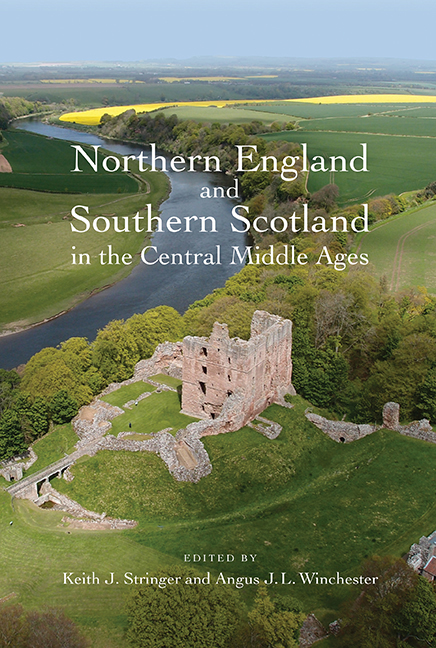Book contents
- Frontmatter
- Contents
- List of Figures
- List of Tables
- List of Contributors
- Preface
- Editorial Notes
- List of Abbreviations
- Introduction: ‘Middle Britain’ in Context, c.900–c.1300
- 1 Kingdom and Identity: A Scottish Perspective
- 2 Law, Governance and Jurisdiction
- 3 Languages and Names
- 4 Dioceses, Saints’ Cults and Monasteries
- 5 Parishes and Churches
- 6 Lords and Tenants
- 7 Rural Settlement Patterns on the Ground
- 8 Shielings and Common Pastures
- 9 Towns and Trade
- 10 Fortifications
- Index
9 - Towns and Trade
Published online by Cambridge University Press: 24 August 2019
- Frontmatter
- Contents
- List of Figures
- List of Tables
- List of Contributors
- Preface
- Editorial Notes
- List of Abbreviations
- Introduction: ‘Middle Britain’ in Context, c.900–c.1300
- 1 Kingdom and Identity: A Scottish Perspective
- 2 Law, Governance and Jurisdiction
- 3 Languages and Names
- 4 Dioceses, Saints’ Cults and Monasteries
- 5 Parishes and Churches
- 6 Lords and Tenants
- 7 Rural Settlement Patterns on the Ground
- 8 Shielings and Common Pastures
- 9 Towns and Trade
- 10 Fortifications
- Index
Summary
The historiography of middle Britain's medieval towns has been ‘nationalised’. There have been few attempts to transcend the Anglo-Scottish Border, and though Ian Blanchard, Richard Britnell and Bruce Campbell have all notably risen to the challenge – it is surely significant that all three are economic historians – many other efforts, despite the best of intentions, have been less successful. The Border remained prominent in, for example, volume one of The Cambridge Urban History of Britain, not only where the geographical division between English and Scottish sections is clear-cut, but also in the telling need to partner English and Scottish specialists for many of those chapters which sought to integrate the study of English and Scottish towns. For the most part, however, the interest of Scottish historians has not stretched beyond the Tweed and their focus has been either on specific Scottish towns or on the towns of the kingdom as a whole, rather than on provincial patterns of urbanisation within the Scottish kingdom. Historians of England, meanwhile, have often claimed Berwick upon Tweed for their own studies, even though the town's constitutional status was unambiguously Scottish until 1296, and thereafter Berwick, though frequently subject to the English crown, was not part of the English kingdom. This peculiarity apart, the historiography of northern England's towns possesses an additional layer, not evident in that of their Scottish counterparts: the region. There are various ways in which region might be defined. ‘The North’ is usually taken to include Cumberland, Westmorland, Lancashire north of the Sands, Northumberland, County Durham and frequently the North Riding of Yorkshire. Sometimes (though not here) it stretches southward to encompass the rest of Lancashire and Yorkshire, and Cheshire, too. Often, however, ‘the North’ has been subdivided into studies of towns in particular counties, or those in groups of counties, and when so usually adhering to an east/west split.
This chapter seeks to explore, among other matters, the connections forged by the towns of middle Britain. It will investigate whether urban bonds, created in some instances by similar law codes and also by migration and monetisation, provided middle Britain with an interconnected urban network – and whether this in turn was instrumental in establishing middle Britain with a distinctive regional identity which transcended the more rigid political boundaries established by the thirteenth century and generally favoured by the existing historiography.
- Type
- Chapter
- Information
- Publisher: Boydell & BrewerPrint publication year: 2017



